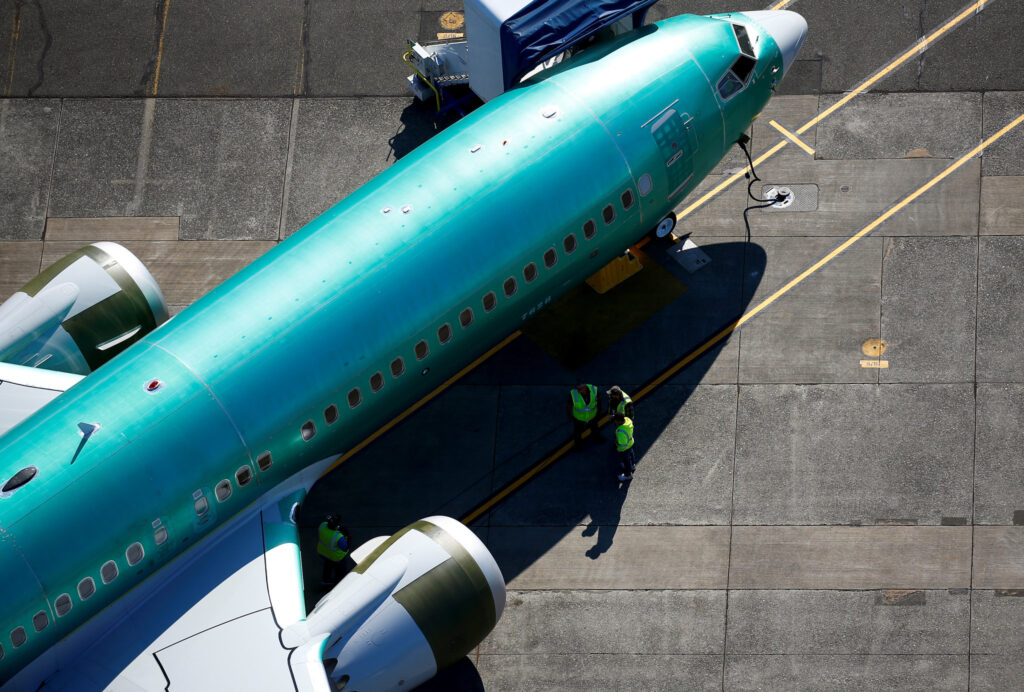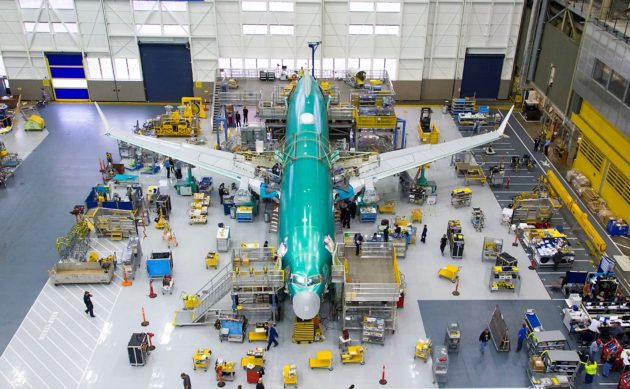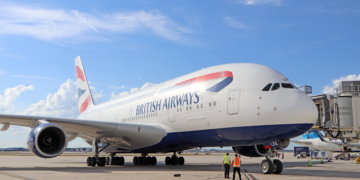Boeing’s latest back-to-office move — this time for its backlogged 737 operation is bringing a now-familiar pushback from affected employees, but also some grudging praise from at least one industry professional.
On Wednesday, Jason Clark, vice president for fabrication and supply chain engineering, said 737 program engineers who are completely or partly remote to be ready to return to their Renton offices four days a week, according to workers who attended the online meeting.
Society of Professional Engineering Employees in Aerospace.
The policy will be formally declared in a subsequent email as early as next week, attendees told they were told, and could impact up to a few thousand Seattle-area workers, according to the engineer’s union, Society of Professional Engineering Employees in Aerospace.

“As we raise production rates, hire thousands of new staff and resume our airplane development work, it’s beneficial to have teams in the office more often to help our customer commitments and collaborate in person, including sharing best practices and responding promptly to emergent requirements,” according to the report, which Boeing also give June 25 after statements that procurement employees would also be required to be in office.
But several engineers who attended the Wednesday meeting stated Clark gave scant justification for the end of the recent remote-work policy, which they said allows teams to set individual workplace schedules based on project requirements.
They stated Clark offered no data to show remote employees were less productive or were contributing to production or delivery delays. Clark “even acknowledged that he didn’t know of any data that helps that,” told a midcareer 737 engineer who attended Wednesday’s meeting and who, like others interviewed for this story, requested not to be identified for fear of losing their job.
Instead, the new 737 in-office policy seemed focused on reviving Boeing’s office-based work culture and sending a signal to worried consumers that the aerospace giant is committed to fixing production and delivery issues, several attendees stated.
Clark informed engineers that customers who visited Boeing’s facilities were put off by the absence of engineers, attendees stated.
Clark told attendees some visiting airline executives “weren’t happy … seeing empty engineering sections,” stated another mid-career engineer who was at Wednesday’s meeting.
Several attendees requested Clark whether the benefits of in-office culture and better customer picture“outweighed the potential for losing people, and he straight up told ‘yes’ — just flat ‘yes,’” one attendee stated.
A Boeing spokesperson was unable to confirm whether Clark made those statements and didn’t comment on whether they would have reflected company policy.
Also, read
- United Airlines Delivers Baby Formula at the USA’s Dulles Airport
- Air Arabia flight reports hydraulic issue but lands safely in Kochi
- Programming error left American Airlines with 12,000 flights without pilots in July
Tensions over the future of remote work at Boeing echo those at many other organizations as employers and staffers contest the shape of the office job after more than two years of pandemic adaptation.
Many tech firms have slowed their back-to-office plans, in part to avoid the loss of high-skilled workers who prefer remote work to long commutes and office distractions. Even local governments like the city of Seattle are working to persuade employees to give up remote work.
- In the case of Boeing, however, at least one industry expert believes the company is right to pull some engineers back to the office.
Richard Aboulafia, a veteran industry analyst and managing director at AeroDynamic Advisory, said while there isn’t a single workplace prescription for all companies or job types, at companies like Boeing and in roles like product development or aircraft certification, “it’s essential to have that team in the workplace.”

Aboulafia also decided that for Boeing, which is struggling to rescue some customers’ confidence, a dispersed engineering team “isn’t a great look.” Although the pandemic is far from over, “things have been getting better and customers want to see in an [original equipment manufacturer] that’s completely engaged,” Aboulafia stated.
Still, Aboulafia, who has sharply criticized Boeing management, stated he sympathizes with company engineers who aren’t hearing a compelling argument for an office-based team culture due to “the complete absence of leadership in terms of the company’s future.”
Thank you
Stay updated with Aviationa2z.com
Join our Telegram group for the latest updates



































